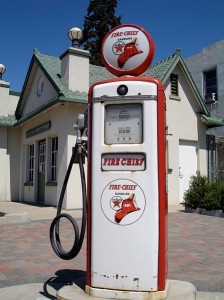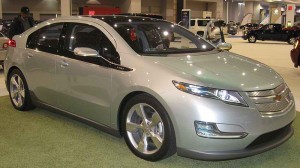Save Gas, Save Money: Gas Saving Tips 101
The fuel economy of a particular vehicle is based on a lot of things:
1. Weight. The heavier the car, the more fuel that the engine needs to burn in order to propel the vehicle. This is the main reason why compact SUVs or midsize sport utility vehicles will burn more fuel compared to a small and light compact car.

2. Engine size. The bigger the engine, the bigger the appetite for fuel. Compact 4-cylinder engines are more fuel efficient compared to a V6 or V8. Car manufacturers are looking to strike the perfect balance between adequate power and moderate weight when designing a new vehicle.
3. Aerodynamics. Same reason why SUVs consume more fuel compared to normal road cars: large vehicles produce more drag, and are less aerodynamic compared to a low-slung sedan. As the vehicle travels forward, wind resistance produces drag. The faster you go, the more wind drag is produced.
4. Rolling resistance. Tire manufacturers are working hard to produce new tires with less rolling resistance without sacrificing grip and comfort. Hybrid and plug-in hybrid vehicles like the Toyota Prius and the Chevrolet Volt have specially-designed tires to deliver fantastic fuel economy.
Gas Saving Tips
Tip 1: Keep your tires well-inflated. Don’t know the right tire pressure for your car? Check the owner’s manual, or take a look at the tire placard posted near the driver’s door. As a general rule, over-inflated tires will produce less rolling resistance, but you will sacrifice tire wear and road comfort, while under-inflated tires have a tendency to overheat, specially when traveling at speed. Maintaining the right tire pressure will do a lot of wonders to your vehicle’s fuel consumption.

Tip 2: Only use the HVAC or air-conditioning when needed. When travelling at slow speeds or driving in city traffic, roll down your windows so you can save fuel. When the road opens up, roll up your windows when you reach speeds of up to 40 to 50 MPH. Travelling at highway speeds with your windows down will affect the overall aerodynamic performance of your vehicle, hence affecting fuel economy.
More gas saving tips coming in the next post.

